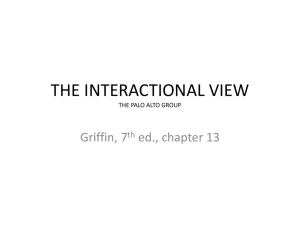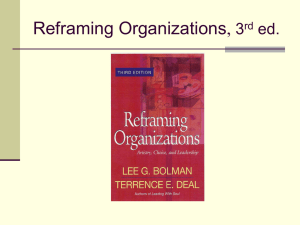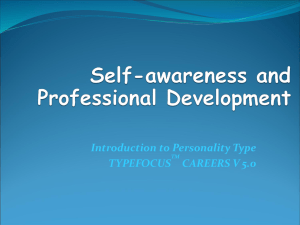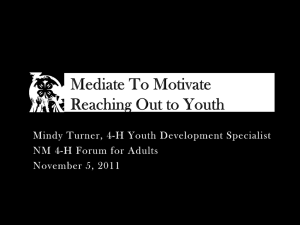Dispelling Distortions and Misinterpretations
advertisement
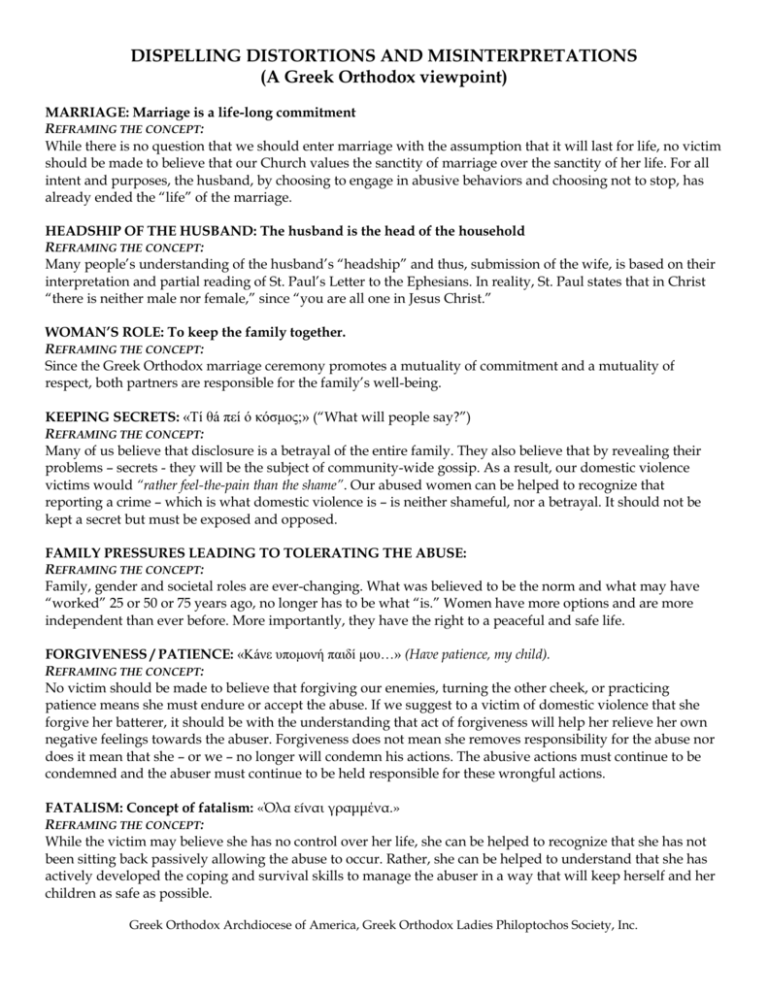
DISPELLING DISTORTIONS AND MISINTERPRETATIONS (A Greek Orthodox viewpoint) MARRIAGE: Marriage is a life-long commitment REFRAMING THE CONCEPT: While there is no question that we should enter marriage with the assumption that it will last for life, no victim should be made to believe that our Church values the sanctity of marriage over the sanctity of her life. For all intent and purposes, the husband, by choosing to engage in abusive behaviors and choosing not to stop, has already ended the “life” of the marriage. HEADSHIP OF THE HUSBAND: The husband is the head of the household REFRAMING THE CONCEPT: Many people’s understanding of the husband’s “headship” and thus, submission of the wife, is based on their interpretation and partial reading of St. Paul’s Letter to the Ephesians. In reality, St. Paul states that in Christ “there is neither male nor female,” since “you are all one in Jesus Christ.” WOMAN’S ROLE: To keep the family together. REFRAMING THE CONCEPT: Since the Greek Orthodox marriage ceremony promotes a mutuality of commitment and a mutuality of respect, both partners are responsible for the family’s well-being. KEEPING SECRETS: «Τí θá πεí ó κóσμος;» (“What will people say?”) REFRAMING THE CONCEPT: Many of us believe that disclosure is a betrayal of the entire family. They also believe that by revealing their problems – secrets - they will be the subject of community-wide gossip. As a result, our domestic violence victims would “rather feel-the-pain than the shame”. Our abused women can be helped to recognize that reporting a crime – which is what domestic violence is – is neither shameful, nor a betrayal. It should not be kept a secret but must be exposed and opposed. FAMILY PRESSURES LEADING TO TOLERATING THE ABUSE: REFRAMING THE CONCEPT: Family, gender and societal roles are ever-changing. What was believed to be the norm and what may have “worked” 25 or 50 or 75 years ago, no longer has to be what “is.” Women have more options and are more independent than ever before. More importantly, they have the right to a peaceful and safe life. FORGIVENESS / PATIENCE: «Κáνε υπομονή παιδí μου…» (Have patience, my child). REFRAMING THE CONCEPT: No victim should be made to believe that forgiving our enemies, turning the other cheek, or practicing patience means she must endure or accept the abuse. If we suggest to a victim of domestic violence that she forgive her batterer, it should be with the understanding that act of forgiveness will help her relieve her own negative feelings towards the abuser. Forgiveness does not mean she removes responsibility for the abuse nor does it mean that she – or we – no longer will condemn his actions. The abusive actions must continue to be condemned and the abuser must continue to be held responsible for these wrongful actions. FATALISM: Concept of fatalism: «Όλα εíναι γραμμένα.» REFRAMING THE CONCEPT: While the victim may believe she has no control over her life, she can be helped to recognize that she has not been sitting back passively allowing the abuse to occur. Rather, she can be helped to understand that she has actively developed the coping and survival skills to manage the abuser in a way that will keep herself and her children as safe as possible. Greek Orthodox Archdiocese of America, Greek Orthodox Ladies Philoptochos Society, Inc.


